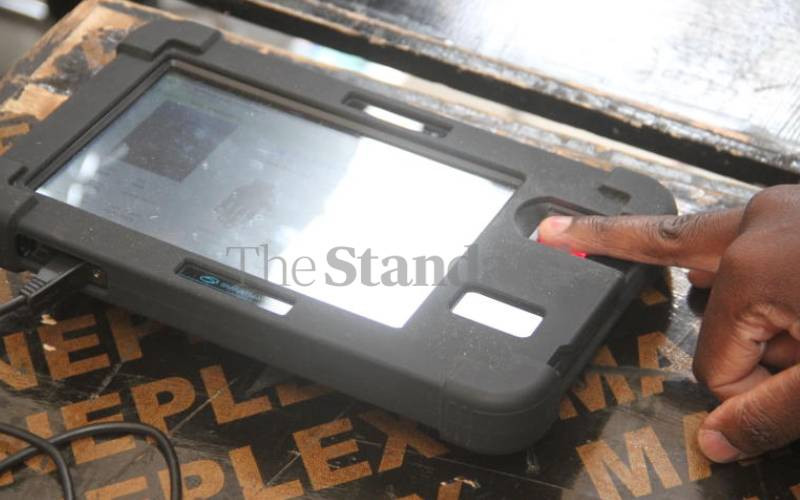×
The Standard e-Paper
Home To Bold Columnists

Technological failures marred the elections process in several parts of the country delaying voting by more than six hours as the electoral commission blamed the shortcomings on interference by security agencies.
In a statement yesterday, the Independent Electoral and Boundaries Commission (IEBC) attributed some of the challenges experienced in the elections, especially the deployment of backup Kenya Integrated Election Management Systems (Kiems) kits, to the confiscation of election stickers by law enforcement agencies.